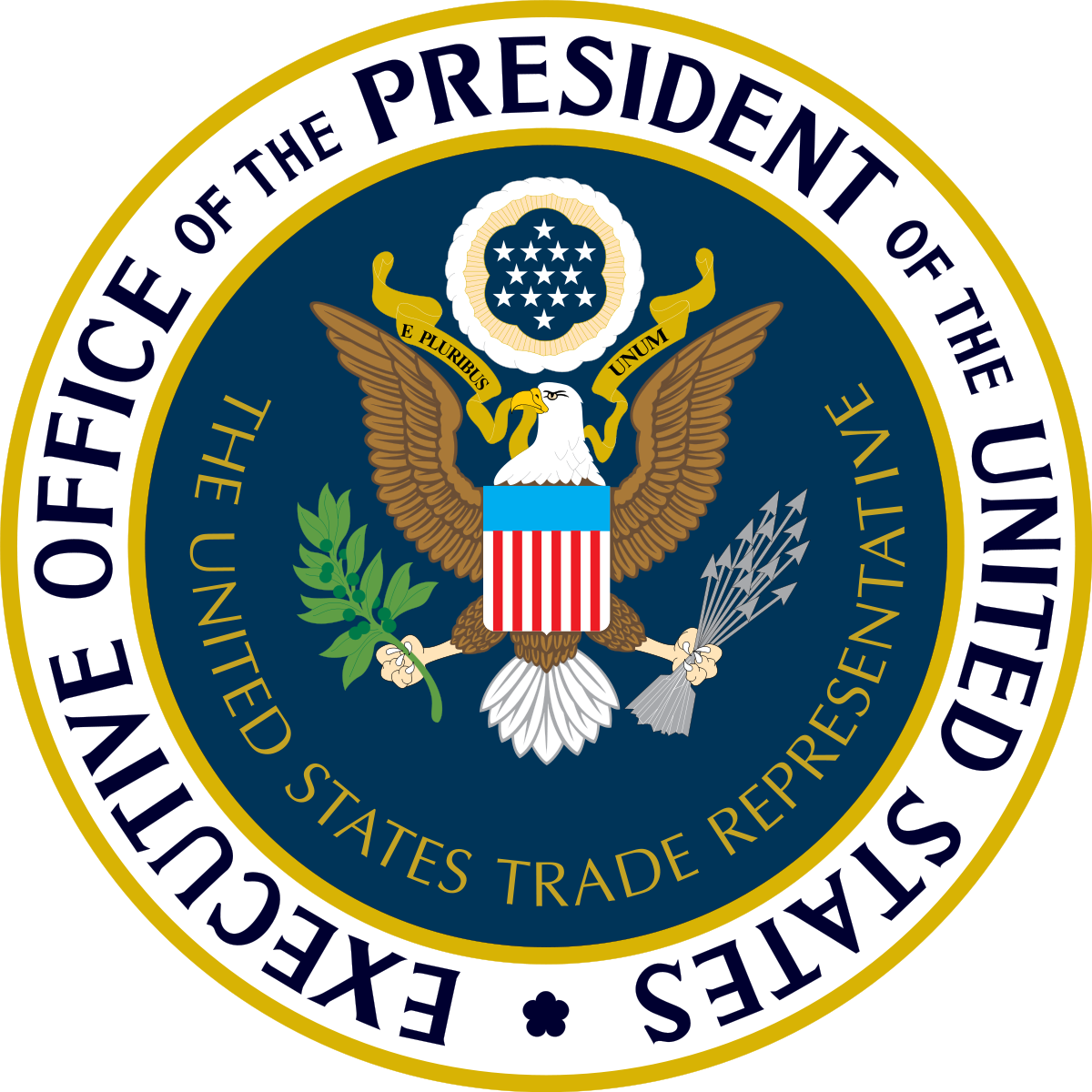 U.S. Trade Representative Katherine Tai recently signaled she is expecting trade talks in the near future to address U.S. tariffs on Chinese products.
U.S. Trade Representative Katherine Tai recently signaled she is expecting trade talks in the near future to address U.S. tariffs on Chinese products.
During a hearing last week by the Senate Finance Committee, Tai said she anticipates talks between the USTR, the European Union and the United Kingdom in an effort to reduce global excess steel capacity in return for removing U.S. tariffs on steel.
In April, Tai said that Section 232 tariffs had a positive impact on American steel production despite eliciting retaliatory tariffs.
“I recognize that absent a negotiated resolution, the EU’s retaliation for the United States section 232 tariffs on steel and aluminum will increase substantially in June,” Tai said. “I also recognize that maintenance of a strong U.S. steel industry will require effective action to address global steel overcapacity.”
These tariffs were imposed by former President Trump under a national security trade provision (Section 232), which imposed a 25% tariff on steel and 10% on aluminum. The Council opposed the president’s action and supports aggressive actions to curb unfair trade practices by China. Since his inauguration, President Biden has not sought to remove them, but retaliatory measures in the EU are scheduled to escalate.
The current administration has openly discussed the effectiveness of the tariffs but in the President’s 2021 Trade Policy Agenda notes:
“The Biden Administration is conducting a comprehensive review of U.S. trade policy toward China as part of its overall China strategy. The Biden Administration is committed to using all available tools to take on the range of China’s unfair trade practices that continue to harm U.S. workers and businesses.”
During the Senate Finance Hearing, Sen. John Cornyn (R-TX) urged the Senate Finance Committee to codify the exclusions process. The Council has actively engaged in the process and was successfully granted six different exclusions for Members and other U.S. businesses. In response to Sen. Rob Portman (R-OH), Tai said USTR will solicit public feedback as part of its review.
The Council, through its International Trade Policy Committee, will continue to advocate with USTR for a fair and robust product exclusion process that would allow for Council companies to apply for tariff exemptions for critical products in their supply chains.
If the USTR restarts its exclusion process, the Council plans to file exclusions for industry products. We have had success in the past with this approach and will continue to keep members up to date on developments on both sections 232 and 301 as we move forward.
For more information on the Council’s advocacy efforts or to get involved, contact Tim Tarpley, SVP Government Affairs and Counsel.
Maria Suarez, Director Government Affairs, writes about industry-specific policies for the Energy Workforce & Technology Council. Click here to subscribe to the Council’s newsletter, which highlights sector-specific issues, best practices, Council activities and more.




